Bath oil: tips for choosing and using
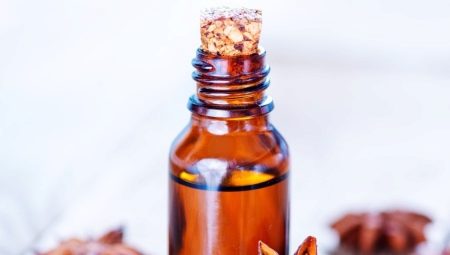
The healing properties of any bath are not in doubt, they have been known since ancient times. Over the centuries, many methods have appeared that allow you to restore tone and increase the surge of strength with maximum efficiency. An important element in the bathing business is the use of aromatic oils, which have the most beneficial effect on the body.
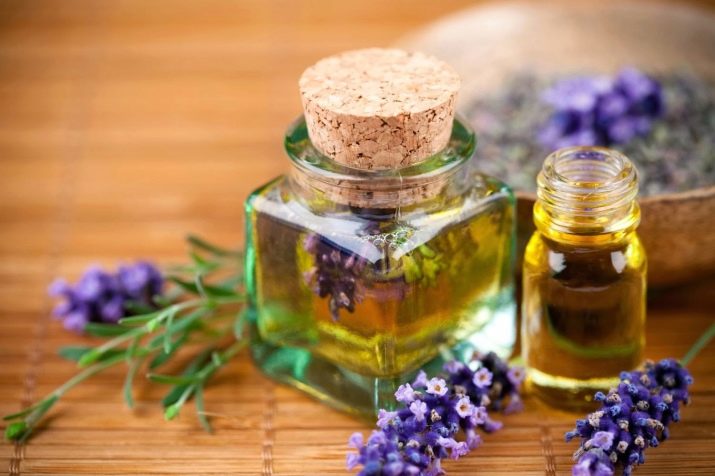
Peculiarities
The bathhouse has always been famous for its complex health-improving effect, and the use of various infusions from herbs and needles has been very popular since time immemorial. But they have receded into the background and now most often use essential oils, buying them on a variety of trading platforms.
Benefits of essential oils:
- easy to use;
- are relatively inexpensive.
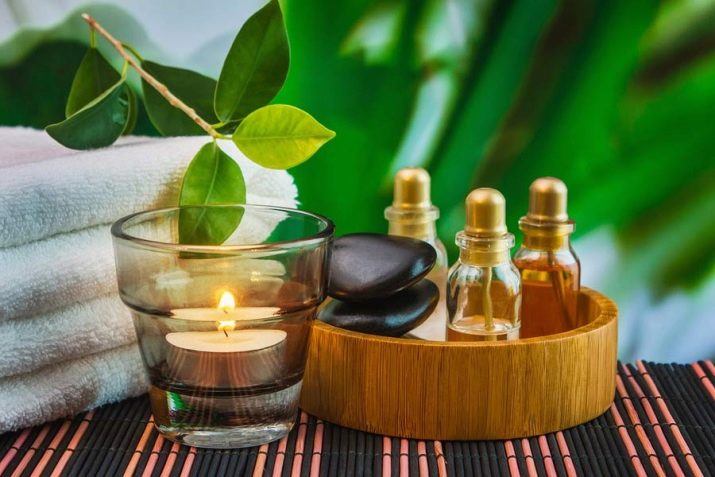
Modern technologies make it possible to effectively isolate the essential essential substances from plants. Such substances are especially effective as powerful antiseptics. They are able to destroy almost all pathogenic bacteria. Also, such formulations excellently act as an anesthetic, protect tissue cells well, stimulating their metabolism. Bath oils have a beneficial psychological effect, they smell good and can improve your mood. Under the influence of high temperature and humidity, the pores of the skin expand, which promotes active perspiration. Essential oils in a gaseous state easily penetrate the bloodstream, facilitating the elimination of harmful components. It is important that the etheric substances do not have any chemical impurities.
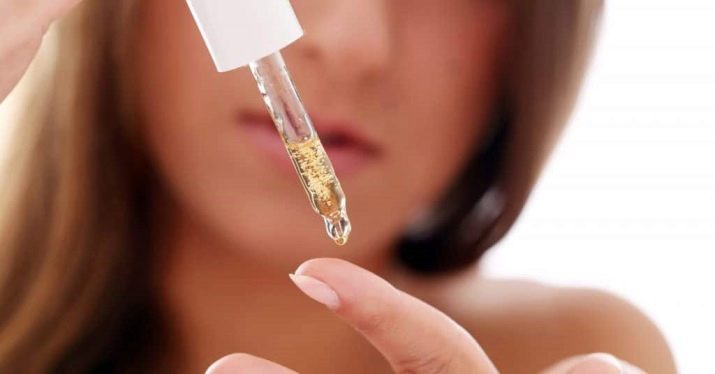
The practice of using odorous liquids dates back to ancient times. Even in Ancient Egypt and Mesopotamia, various aromatic drugs were used.More than a hundred centuries ago in ancient China, people practiced the use of essential oils.
The ancient Scythians actively used cedar oil. Also, our ancestors sprinkled seeds and inflorescences on the boulders hot on the fire. Such "aromatherapy" also had a sacred meaning - ancient people, with the help of incense, appeased their gods so that they would give a good harvest.
Aromatic medicines are widely spread on the territory of:
- China;
- India;
- Altai;
- Sri Lanka;
- Indonesia.
Modern essential oils are the "descendants" of ancient recipes for aromatic medicines, which were widespread in the territory from Ancient Rome to the Middle Kingdom.

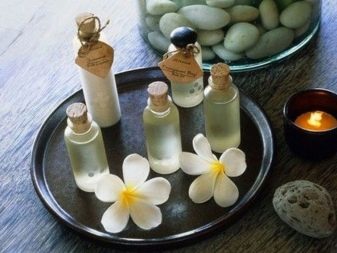
Essential extracts are obtained in a variety of ways, but most often they are:
- extraction;
- cold pressing;
- distillation.
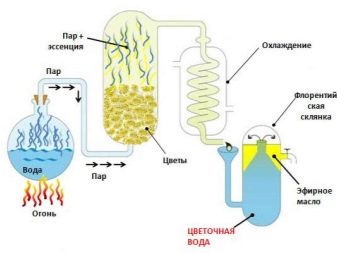
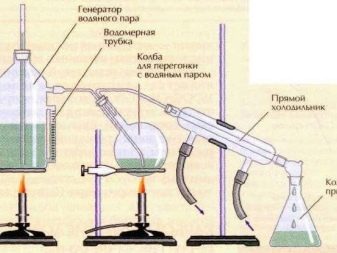
The most popular ingredients are based on the following plants:
- coniferous trees;
- mint;
- geranium;
- rosemary.
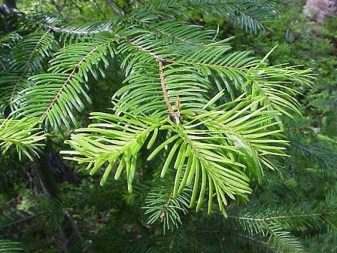
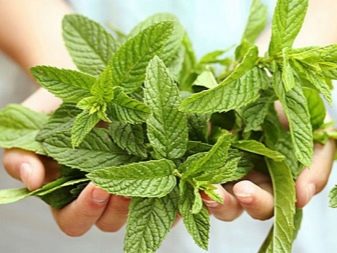
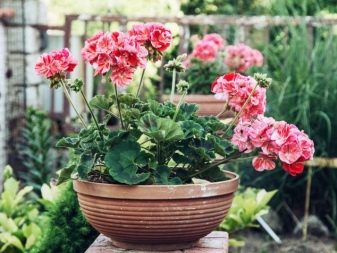
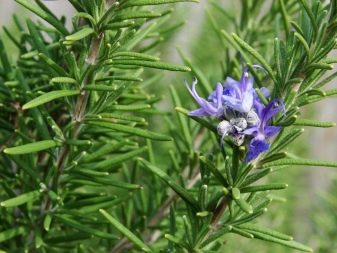
Compounds are also created on the basis of various oils. For example, lavender and chamomile oils cleanse the skin well. The oil, made from citrus fruits, bergamot, effectively relieves fatigue and stress. A state of good mood and mild euphoria can appear if the room is filled with a smell:
- roses;
- jasmine;
- sandal.
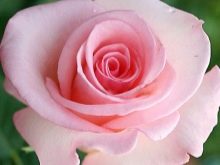
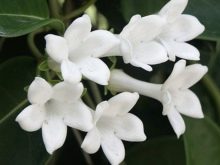
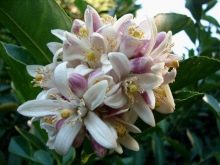
Oils have healing properties:
- coniferous trees;
- anise;
- eucalyptus;
- sage;
- juniper.
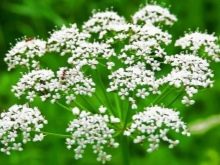
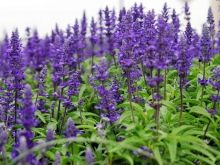
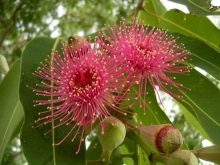
Benefit
With the help of aromatic substances to treat colds, joint diseases, cardiovascular ailments. There is a separate classification of essential oils that have similar chemical formulas. For example, herbal and citrus oils are related in composition, the same can be said for substances made from herbs and flowers.
Oils have the most beneficial effects on the human body, however, you should always remember about precautions. When using such formulations, it is important to pay attention to the smell of the product - it should not contain any chemical impurities.
Essential oil has a complex formula, but the following basic elements are always present:
- oxygen;
- hydrogen;
- carbon.
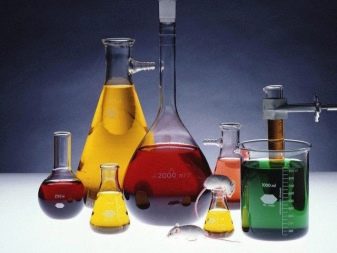
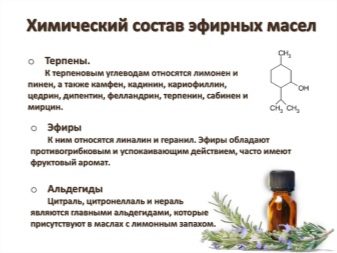
Here are just a few examples of the beneficial properties of various aroma compounds:
- citrus fruits strengthen the protective functions of the body, remove toxins, "bad" fats, improve mood, stimulate the work of brain cells;
- bergamot ester optimizes blood pressure, enhances libido, is an excellent antiseptic;
- coniferous compositions are good to use for colds, they stimulate the metabolism of the whole body;
- lavender has a powerful relaxing effect;
- lemon balm generates a state of euphoria and good mood, relieves depressive syndromes, improves brain function, improves memory;
- juniper suppresses phobias, optimizes blood pressure, reduces stress, has a powerful antiseptic effect;
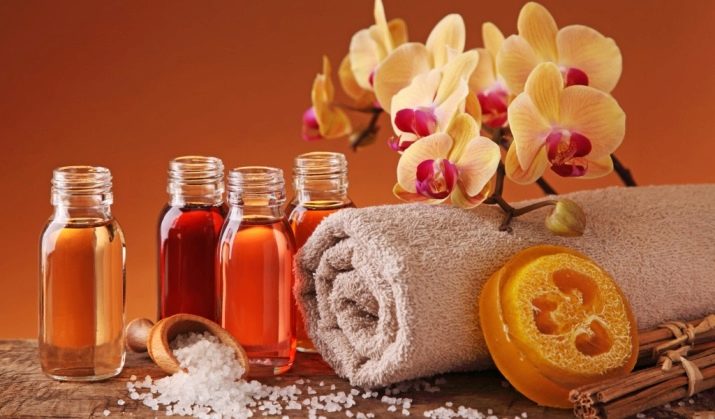
- myrtle is effective in the treatment of acute respiratory infections, stimulates blood circulation, strengthens the heart muscle, vascular walls, improves thyroid function, has an antibacterial effect;
- mint has a pronounced relaxing effect, reduces the risk of lung and throat diseases;
- neroli soothes the nerves, relieves anxiety, reduces stress, improves the functioning of the cardiovascular system and gastrointestinal tract;
- sandalwood strengthens resistant functions of the body, calms the nerves, eliminates stomach cramps;
- thyme strengthens the nervous system, protects against colds, strengthens resistant functions of the body, stimulates the brain;
- tea tree is an excellent antiseptic;
- eucalyptus soothes the nerves, stimulates rhythmic breathing, has a powerful antioxidant effect, and helps to strengthen the body in every possible way.
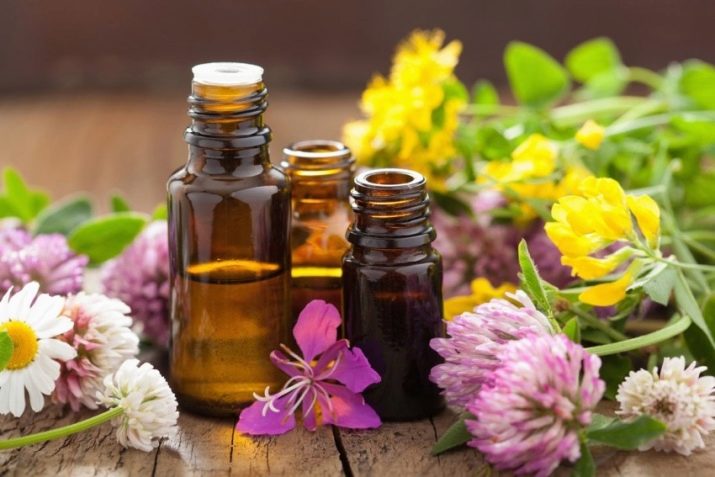
Essential oil, dissolved in a container of water, can become an effective antiseptic for steam rooms and dressing rooms.Such a composition eliminates fungus and mold spores, which multiply especially actively in conditions of high humidity and temperature. Essential oils have a therapeutic and prophylactic effect against the following diseases:
- angina;
- ARI;
- bronchitis;
- asthma;
- joint diseases.
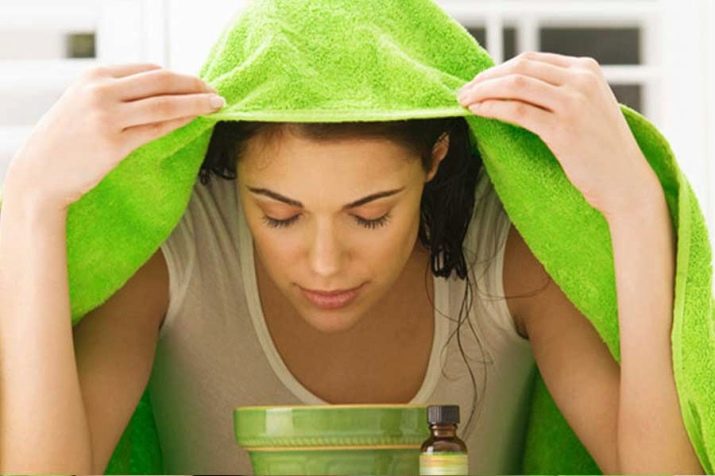
One of the most popular oils is linseed oil, it has a lot of useful properties. It contains a large amount of unsaturated fatty acids (Omega-3, -6, -9) and essential trace elements, while there is no cholesterol at all. Flaxseed oil with various additives that enhance its properties are often available on various trading platforms.
Linseed oil has a powerful antiseptic effect; after bath procedures, walls, benches, and bath attributes are wiped with it. The use of linseed oil ensures the appearance of a special film, which is a reliable protection against the effects of pathogenic bacteria.
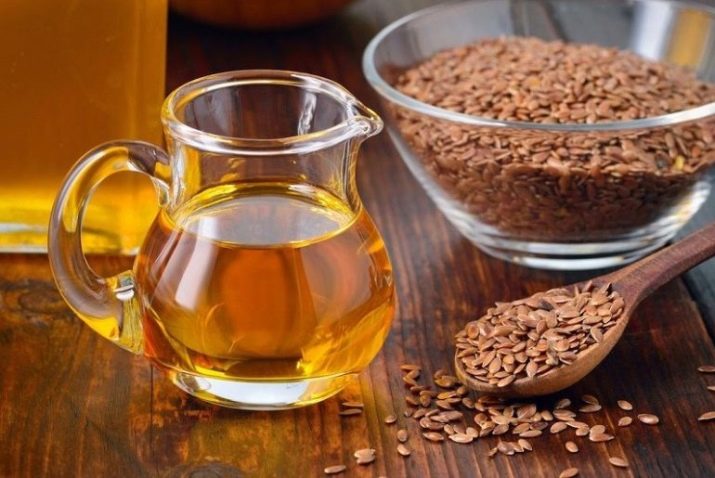
How to apply?
From time immemorial, not only recipes for the preparation of essential oils, methods of their use and dosage have come down to us. Most often, a different set of essential oils is diluted in such a concentration: one liter of warm water should contain no more than ten drops of the composition. If the solution is too saturated, then the effect may be the opposite.
Numerous studies have been carried out on the intensity of the effect of various compounds. The question of the concentration of one or another odorous substance is very important. Essential oils are not inferior to the influence of hormones in terms of the intensity of the effect. A person is able to experience:
- burst of strength;
- feeling of fullness of life;
- cheerful mood;
- activation of brain activity.
Many essential substances are used for wellness massage.
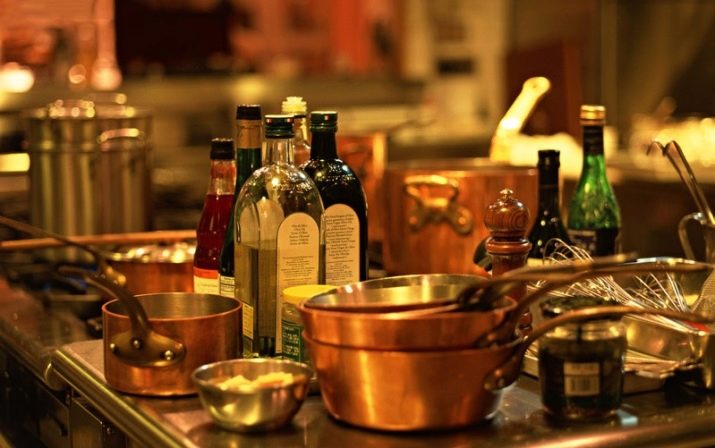
When carrying out bath procedures, fragrant substances are usually processed:
- brooms;
- shelves;
- rub the body.
During the procedure, the container with the liquid should be based near the oven. It is strictly forbidden to water the oven itself with an aromatic composition.
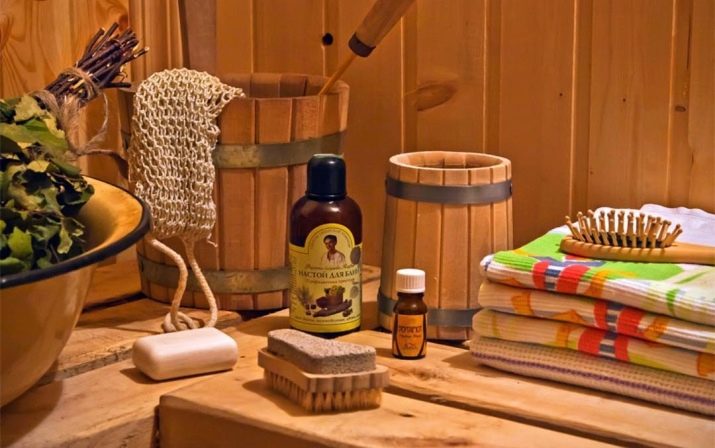
Also sometimes honey, kefir, milk whey, sea salt are added to the aromatic composition. Here is an example of the most popular aroma blend:
- water - one liter;
- lavender oil - 4-5 drops;
- lemon juice - 5-7 drops.
Fir, spruce or pine oil is also often used. Smells from these compounds persist for a long time.
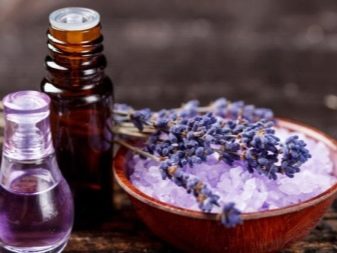
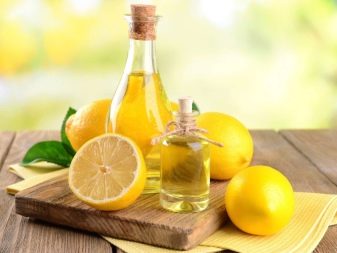
For sauna
For the sauna, it is good to use grape seed oil. It is one of the most effective remedies to help restore skin firmness. It is also good to use fir oil in the sauna. This is one of the most effective antiseptics and prophylactic agents for acute respiratory infections and influenza.
Lemon extract is also often used, which actively promotes the elimination of toxins. In the sauna, in addition to citrus substances, you can use flower compositions that rejuvenate the skin and promote its regeneration.
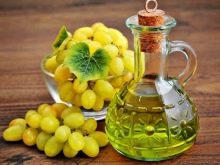
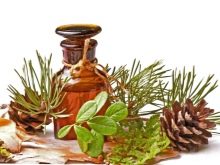
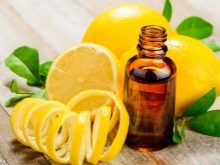
For the steam room
Essential oils should be used correctly in the steam room. After the odorless substance has been sprayed, you can stay in the steam room for no more than 6 minutes. It is important that those present do not have allergic reactions. If after the first "run" the effect is positive, then the residence time can be prolonged up to 20 minutes. It is useful to regularly repeat such procedures, only in this way, after a certain period of time, a stable therapeutic effect will be observed.
Experts recommend doing a massage using odorous substances after the bath. At this time, the skin is steamed, the pores are open, so beneficial compounds freely penetrate into the body, exerting the most beneficial effect on it.
Sometimes this method is used: cold water is splashed on the stones, then poured with a solution of essential oil. In just a few seconds, the room is filled with aroma.It is important to consider that too high a concentration of oils can be harmful to health, especially when the temperature and humidity are high in the room.
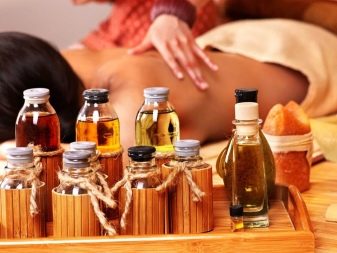
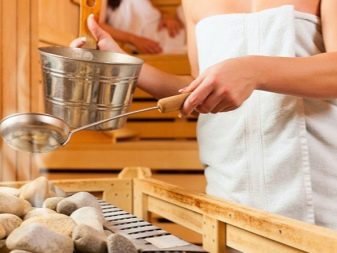
Terms of use
Do not forget that essential oils are flammable, so it is forbidden to spray them on a hot stove or stones in the steam room. If a drop of oil gets into your eyes, rinse them as soon as possible with running water. In contact with the mucous membrane, severe irritation may occur (in some cases, even a chemical burn).
Natural oils without chemical additives are not cheap products. The label must necessarily contain:
- the composition of the product;
- when and where it was produced.
If there are no such inscriptions, then it is better to refrain from purchasing this product.
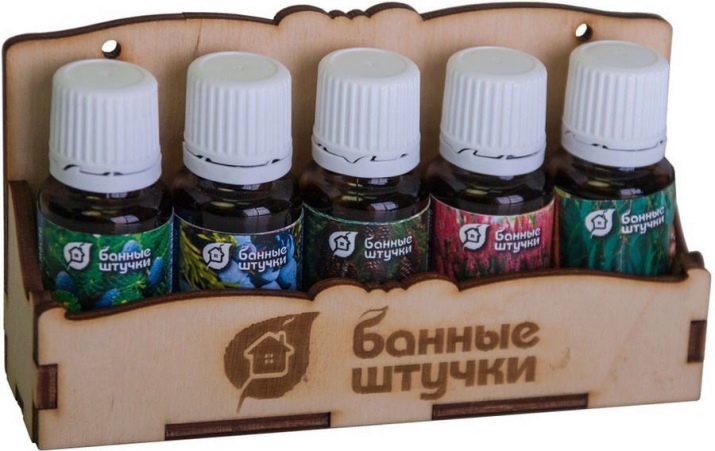
The container containing natural oil must be darkened. Ultraviolet rays contribute to the breakdown of the chemical structure, so an odorous liquid can quickly lose its beneficial properties. To check the quality of the oil, put one drop on a snow-white paper towel. The natural product evaporates almost instantly, leaving no trace of it. If any kind of "chemistry" is mixed in the substance, then blots and streaks will be present on the napkin. The use of such a product is not recommended.
It is best to buy oil from well-known manufacturers, and although this is an expensive pleasure, there are quality guarantees. Aromatic substances are also widely used in bathing. They are added to foam formulations. For a large bath, usually no more than 10 drops of an odorous liquid are enough.
It is important that the water is of moderate temperature (about 38 degrees), then the effect will be maximum. It takes at least 10 such procedures to achieve a healing effect.
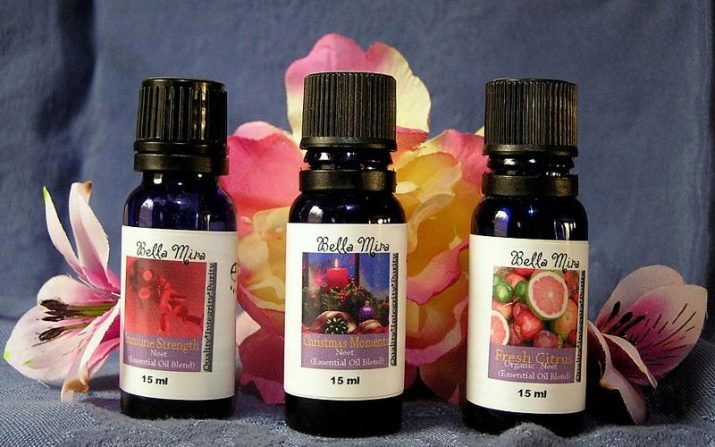
The first impression is always important: if the smell of oil causes negative emotions, then such a product is not recommended. Aromatic oils are for external use only and should not be added to tea, coffee or alcoholic beverages.
Oil kits can affect the human body even more effectively. For example, a composition of esters of myrtle, frankincense, rose, valerian will help overcome the most severe depression. Usually, the course of treatment lasts for a half month. Such a set can be used in a steam room, a sauna, or added to a bath.
After consulting with your doctor, you can independently choose an individual composition that will optimally meet the needs of the body.
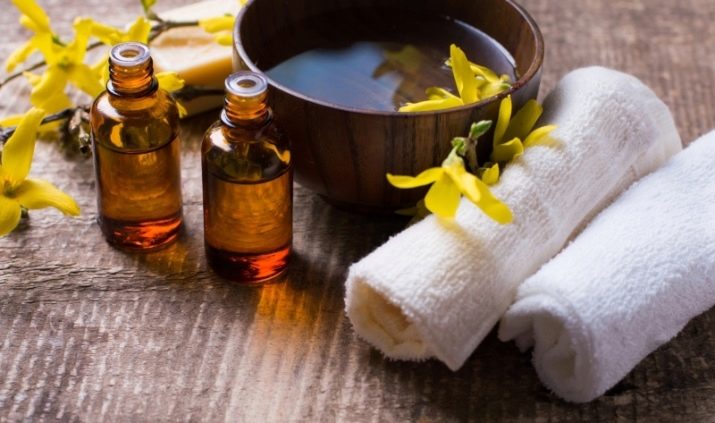
You will learn more about useful bath oils in the next video.








